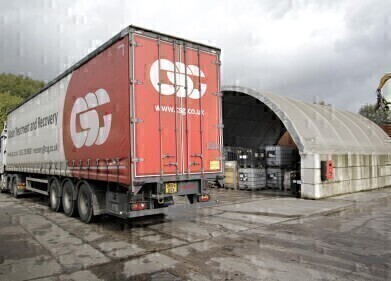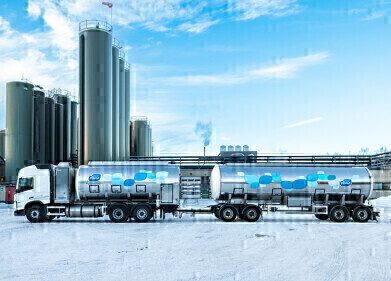Hazardous Waste
What Are the Best Ways to Handle Hazardous Waste?
Oct 07 2022
Every company in the UK which produces hazardous waste must comply with strict legislation delineating how it can be handled, stored and disposed of. Waste is deemed as hazardous if it could cause harm or death to humans and animals or exacerbate environmental issues such as pollution, global warming and climate change, thus compromising net zero goals in the process.
Since 2010, the government’s Strategy for Hazardous Waste Management has provided a framework for how company owners can approach the subject. Complying with these regulations not only helps to create a safe working environment for those involved and minimise the impact on the surrounding area, but also avoid penalisation for failure to meet legal obligations and even optimise operations and save money. Here are a few basic principles to keep in mind when handling hazardous waste:
Knowing your role
The legal requirements incumbent on business owners differ on what type of interaction they have with the waste in question. For example, all businesses have what is known as a “duty of care” to separate, label and properly handle hazardous waste, but there are additional obligations depending on whether the company is defined as a “producer”, a “carrier” or a “consignee”. Understanding which of these categories applies to you and your business is imperative in ensuring you meet all that is required of you.
Separating waste
The next stage of the process is to correctly identify what kind of waste is deemed as hazardous in your workplace. This could be anything that is flammable, toxic, corrosive or reactive and could incur negative consequences if stored or disposed of improperly. It’s a criminal offence to store hazardous waste alongside non-hazardous waste, so you must ensure you fully understand your obligations – guidance on what constitutes hazardous waste is available for those who need it. On the other hand, classifying non-hazardous waste as hazardous to be on the safe is an unnecessarily expensive strategy, too.
Proper storage protocols
All hazardous waste items must be kept in appropriate storage vessels, which are capable of withstanding its damaging properties and won’t be affected by elemental, temperature or chemical changes, or indeed any other external factors. Each individual barrel or container must be clearly marked to indicate the contents that it contains so as to avoid accidental exposure. What’s more, these receptacles must be stored in a secure location that is inaccessible to unauthorised individuals and clearly signposted as containing hazardous materials.
Paperwork
As well as following all of the appropriate processes and protocols, it’s also important that you have the relevant documentation to prove you have done so. This includes obtaining consignment notes and returns for every shipment of hazardous waste you handle, regardless of which stage of the process your business operates at. If you are visited by a health inspector, you are obliged to show this paperwork so that they are able to see you have been following the rules.
Events
IWA World Water Congress & Exhibition
Aug 11 2024 Toronto, Canada
Aug 25 2024 Stockholm, Sweden and online
Sep 03 2024 Mexico City, Mexico
Sep 03 2024 Mexico City, Mexico
Sep 03 2024 San Diego, CA, USA














